The Fourth People's Hospital of Shenzhen (The General Surgery Department of Shenzhen Samii Medical Center) is renowned for its expertise in minimally invasive techniques. The department is committed to the integration of medical treatment, research, and education, aiming to provide top-tier medical services in Eastern Shenzhen. Its team comprises experts from prestigious Grade III Level A hospitals across China, dedicated to providing advanced medical care for patients with highly prevalent tumors and challenging critical illnesses in Eastern Shenzhen and its surrounding areas. With a strong overall strength and outstanding professional expertise, the department boasts 3 members with chief professional titles, 3 members with associate chief professional titles, and 9 members with intermediate professional titles, all holding master's or doctoral degrees.
There are advanced equipment such as high-definition laparoscope, cholangioscope, minimally invasive breast biopsy device, and DSA in the department, positioning it at an advanced level in the province. Its experts specialize in laparoscopic minimally invasive procedures for the treatment of hepatobiliary and pancreatic tumors, gastrointestinal tumors, thyroid tumors, breast tumors, and hernias and can independently carry out a wide range of vascular surgeries. With extensive clinical experience, the experts are proficient in neoadjuvant therapy, conversion therapy, postoperative adjuvant chemotherapy, targeted therapy, and immunotherapy for malignant tumors. The department is structured into three distinct specialized treatment groups, including:
I. Gastrointestinal, Anorectal, and Hernia Surgery:
1. Gastrointestinal diseases treatment: The team can perform laparoscopic surgeries with an emphasis on minimally invasive techniques and fast recovery such as laparoscopic D2 radical gastrectomy for gastric cancer, laparoscopic total mesorectal excision (TME) for low or ultra-low rectal cancer, laparoscopic complete mesocolic excision (CME) for colon cancer, laparoscopic resection of gastrointestinal stromal tumors, laparoscopic resection of small intestinal tumors, laparoscopic repair of digestive tract perforations, laparoscopic retroperitoneal tumor resection, and laparoscopic enterolysis, etc. It also highlights rapid recovery in postoperative pain management and the use of combined enteral and parenteral nutrition.
2. Anorectal diseases treatment: The team specializes in treating various illnesses including hemorrhoids, anal fissures, anal fistulas, perianal abscesses, and pilonidal sinus. The treatment options encompass a range of procedures such as RPH, sclerosing agent injection therapy, PPH/TST therapy, high-position complex anal fistula incision and (thread-hanging) drainage, high-position perianal abscess multi-incision and drainage with Word catheter, ligation of intershpincteric fistula tract (LIFT) and transanal opening of intersphincteric space (TROPIS), rectal mucosal flap transposition surgery, etc. The focus of the team is on utilizing painless minimally invasive techniques to relieve postoperative pain and enhance patient comfort.
3. Hernia diseases treatment: The team conducts minimally invasive surgical procedures for a variety of hernias including inguinal hernias, umbilical hernias, femoral hernias, pediatric hernias, stoma hernias, abdominal incisional hernias, esophageal hiatus hernias, etc. Furthermore, the team is capable of performing tension-free hernioplasty under local anesthesia for patients at high risk for anesthesia.
II. Hepatobiliary, Pancreatic, and Vascular and Endovascular Surgery:
1. Hepatobiliary and pancreatic diseases treatment: The team can perform a range of laparoscopic and endoscopic hepatobiliary and pancreatic surgeries, including laparoscopic hepatectomy, laparoscopic pancreaticoduodenectomy, laparoscopic choledocholithotomy, etc. Furthermore, the team specializes in advanced endoscopic diagnostic and treatment procedures in Hepatobiliary and Pancreatic Surgery, such as choledochoscopy, choledochoscopic stone removal, and choledochoscopic biopsy.
2. Arterial diseases treatment: The team can perform traditional open surgeries, such as endarterectomy, bypass/vascular reconstruction, artificial vascular replacement, carotid body tumor resection, and arteriovenous fistula surgery. It can also carry out minimally invasive treatments through endovascular intervention, such as thoracic endovascular aortic aneurysm repair/endovascular aortic aneurysm repair (TEVAE/EVAR), balloon angioplasty, and vascular stenting.
3. Venous diseases treatment: The team can perform minimally invasive treatments for great saphenous vein varicosity, hemangioma, and deep vein thrombosis and pulmonary embolism.
4. Hemorrhagic diseases treatment: The team can provide treatment for gastrointestinal hemorrhage, postpartum hemorrhage, post-percutaneous nephrolithotomy hemorrhage, hemorrhage in orthopedic surgery, tumor hemorrhage, and traumatic hemorrhage, etc.
5. Benign and malignant tumors treatment: The team can treat primary liver cancer, liver metastases, lung cancer, mediastinal tumors, etc., with interventional embolization therapy, percutaneous radiofrequency ablation, etc.
III. Thyroid and Breast Surgery:
1. Thyroid diseases treatment: The team provides diagnosis, surgical procedures, and drug treatments for a range of benign and malignant thyroid diseases, such as thyroid cancer, thyroid adenoma, nodular goiter, and hyperthyroidism. Surgical options include subtotal/total thyroidectomy, total thyroidectomy with central or lateral neck lymph node dissection, exploration of the recurrent laryngeal nerve, resection of parathyroid adenomas, and fine needle aspiration biopsy of thyroid nodules, etc., with a focus on endoscopic thyroid surgery and various complex and difficult thyroid surgeries, including those for goiter and substernal goiter.
2. Breast diseases treatment: The team specializes in diagnosis and treatment of a wide range of benign and malignant breast diseases, including breast cancer, breast hyperplasia, various types of mastitis, breast fibroadenomas, and intraductal papillomas. The services include minimally invasive rotational biopsy of breast nodules, radical breast-conserving surgery, modified radical mastectomy, sentinel lymph node biopsy, breast reconstruction using implants or autologous tissue, and one-stop comprehensive treatments such as chemotherapy, endocrine therapy, molecular targeted therapy, and immunotherapy.
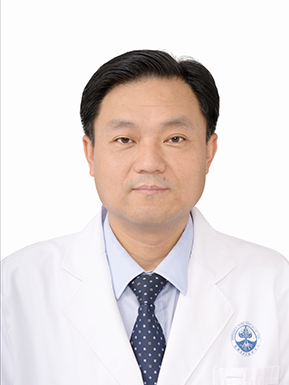
ZHAO Hongfeng
Chief Physician, Doctor of Medicine (MD), Master’s Supervisor, Head of General Surgery
Department/Services: General Surgery
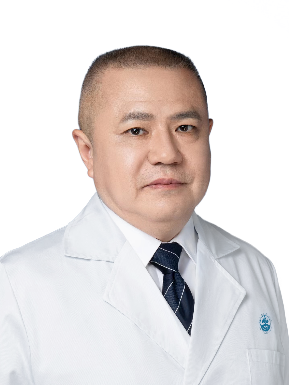
SUI Liang
Chief Physician,Head of General Surgery,Leader of Thyroid and Breast Surgery Team
Department/Services: General Surgery
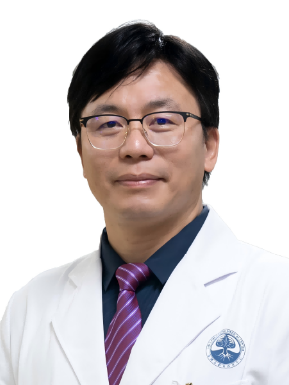
WANG Yuanxi
Associate Chief Physician,Leader of Hepatobiliary, Pancreatic, and Vascular and Endovascular Surgery Team
Department/Services: General Surgery
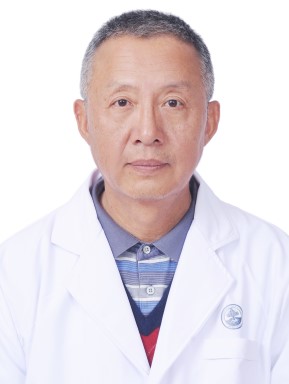
YU Ding
Chief Physician
Department/Services: General Surgery Department

LIU Shidan
Associate Chief Physician
Department/Services: General Surgery Department

LIU Changming
Associate Chief Physician, Doctor of Medicine
Department/Services: General Surgery Department
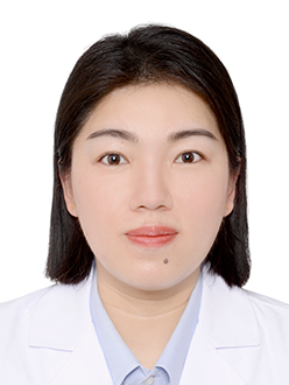
WANG Hui
Attending Physician, Master of Medicine
Department/Services: General Surgery Department
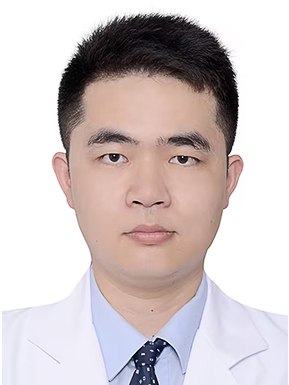
REN Sheng
Attending Physician, Master of Medicine
Department/Services: General Surgery Department
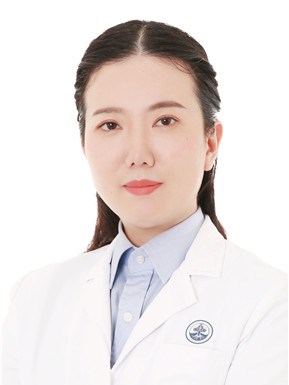
XU Nuo
Attending Physician,Master of Medicine
Department/Services: General Surgery Department
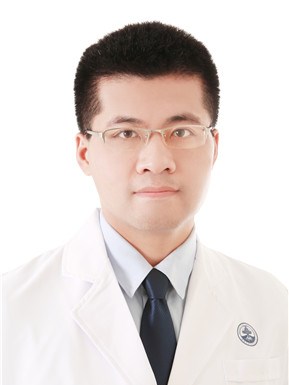
LI Tianming
Attending Physician,Master of Medicine
Department/Services: General Surgery Department
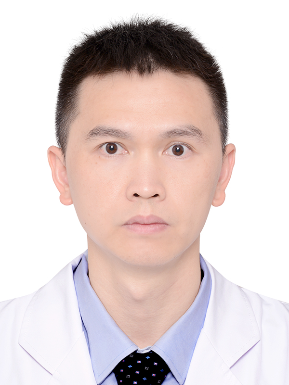
ZHOU Houhong
Attending Physician, Master of Medicine
Department/Services: General Surgery Department
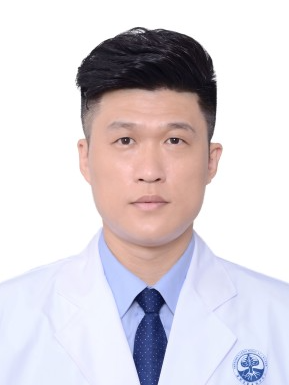
FU Tianzuo
Resident Physician, Master of Medicine
Department/Services: General Surgery Department
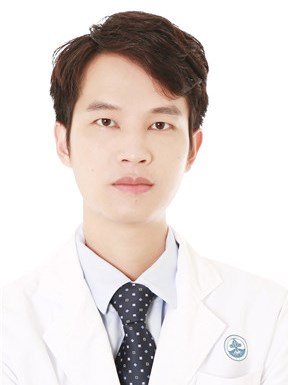
LIN Rongjie
Attending Physician
Department/Services: General Surgery Department

ZHANG Xiaobing
Resident Physician ,Master of Medicine
Department/Services: General Surgery Department